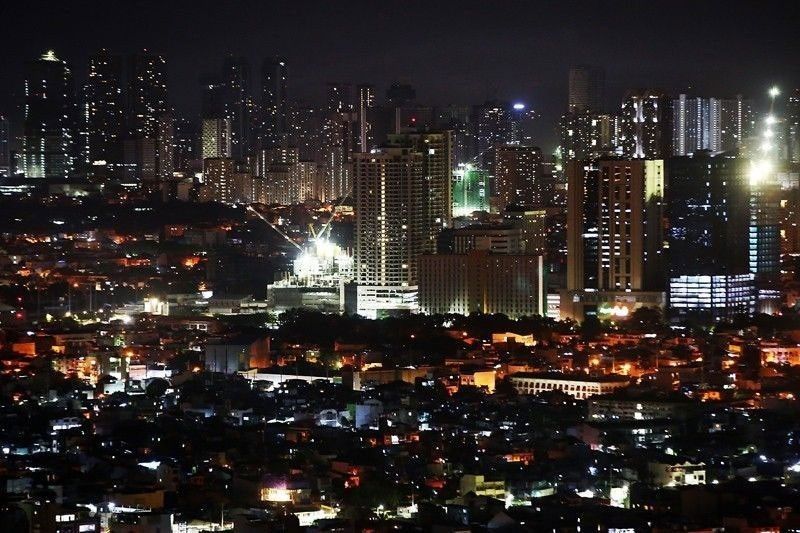Policy continuity seen regardless of poll results

MANILA, Philippines — The government’s economic policy direction is expected to continue regardless of the outcome of the May elections as the country’s recovery from the pandemic-induced recession gains more traction.
In a note titled “Philippines: Economy and Markets Around Elections,” DBS Bank economist Chua Han Teng said the elections come at a critical juncture for the Philippine economy, which has suffered significantly from the COVID-19 pandemic toward the tail end of President Duterte’s six-year administration.
“The selected leaders will be responsible for steering the Philippine economic recovery in the post-pandemic environment, but contend with a higher fiscal deficit, larger government debt, and wider current account deficit,” he said.
After emerging from recession with a gross domestic product (GDP) growth of 5.7 percent last year, economic managers are looking at a faster expansion of seven to nine percent this year.
The Philippine economy contracted by 9.6 percent in 2020 as businesses stalled due to strict COVID-19 quarantine and lockdown protocols.
DBS sees a faster GDP growth of 6.5 percent for the Philippines this year.
Amid the large slate of candidates, Ferdinand Marcos Jr. – son of the late president Ferdinand Marcos Sr., and Sara Duterte – daughter of the incumbent president – known as the UniTeam, are frontrunners by a significant margin based on the Pulse Asia opinion poll.
“We think that a decent degree of policy continuity is likely for the Philippines. The UniTeam has committed to the current administration’s Build Build Build infrastructure program, improving digital infrastructure, combating corruption, and rooting out illegal drugs. The pair’s stance on public finances is however unclear,” Teng said.
Teng said Vice President Leni Robredo, who is trailing in the opinion polls, is widely perceived to be market friendly.
“She favors transparency and accountability. She also champions the Build, Build, Build program but with an emphasis on private-public partnership. On public finances, she has acknowledged the country’s high borrowings driven by pandemic, suggesting an intention to ensure debt sustainability, if she secures victory,” the economist said.
Teng said economic growth on average rose and peaked a quarter before elections.
“We stick to analyzing Philippine’s economy and market performances surrounding the elections, without predicting the outcome. The results can shift in the final hour due to the personality-driven contest,” Teng said.
DBS is specifically looking at the trajectory of growth, fiscal, inflation, investment flows, and market performances - equities and the currency - in the quarters before and after the elections to identify potential cycles.
“Growth was boosted by consumption enhancing measures and government election related spending. The expansion rose and peaked a quarter pre-elections, before trending lower and bottoming out two quarters after the polls,” Teng said.
The Philippine economy performed strongly in the 2000s, with expansions averaging seven percent in 2004, 2010, and 2016. The 1990s was however comparatively weak for the Philippines with the economy contracting in some quarters in 1992 and 1998.
The Singapore-based bank sees inflation breaching the two to four percent target set by the Bangko Sentral ng Pilipinas (BSP) for the year as the Philippines is starting to face upside price pressures amid the global commodity price shock driven by the Russia-Ukraine war.
“Policymakers are turning vigilant on broadening price pressures and sounding more hawkish on inflation. We expect the BSP to begin its policy rate normalization in the second half of 2022 considering inflation concerns and clearer signs that the economy is gaining traction and recovering from the pandemic,” Teng said.
- Latest
- Trending





























